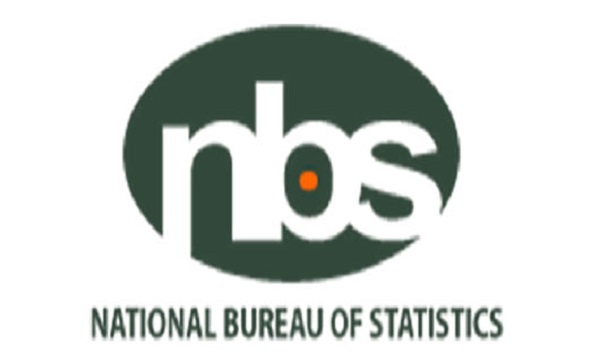
The National Bureau of Statistics (NBS) has revealed that 85.6% of Nigeria’s workforce is self-employed, according to its Labour Force Survey for the second quarter of 2024. This marks an increase from 84% recorded in the first quarter but a slight drop from 88% in the same period last year.
The report categorizes employment into two main groups: employees and self-employed individuals. Employees are defined as those receiving wages or salaries, including paid apprentices, while self-employed individuals, commonly referred to as own-account workers, run their businesses independently or in partnerships.
The survey highlights significant gender and regional differences in employment patterns. Women are more likely to be self-employed, with a rate of 88.3%, compared to 82.2% for men. Women also dominate informal employment due to limited access to formal job opportunities.
In rural areas, self-employment rates soar to 94.3%, compared to 79.7% in urban areas. The NBS attributed this to the prevalence of agriculture and trade-related activities in rural economies, alongside the limited availability of formal job opportunities.
“These findings illustrate the structural challenges in Nigeria’s labor market, particularly in rural regions where informal employment dominates,” the report noted.
The report emphasizes a strong correlation between education levels and informality. Workers with no formal education overwhelmingly engage in informal employment, accounting for 99% of this category. Conversely, individuals with post-secondary education are far less likely to work informally, with only 26.6% involved in informal jobs.
Excluding agriculture, informality drops further to 14.7% among those with higher education, compared to 98.4% for workers with no formal education.
Persistent Informality
The NBS noted that informal employment continues to dominate Nigeria’s labor market, with 93% of total employment recorded in Q2 2024, up slightly from 92.7% in the previous quarter. This underscores the country’s reliance on informal work for livelihoods.
Call for Action
Experts believe the data highlights the need for strategic interventions in education, rural development, and job creation to address the challenges of informality and self-employment.
“This report is a wake-up call for policymakers to prioritize investments in skill development, education, and formal job creation,” said an economic analyst.
“The disparities in employment patterns, especially in rural areas, require urgent attention to foster inclusive economic growth,” He said.








